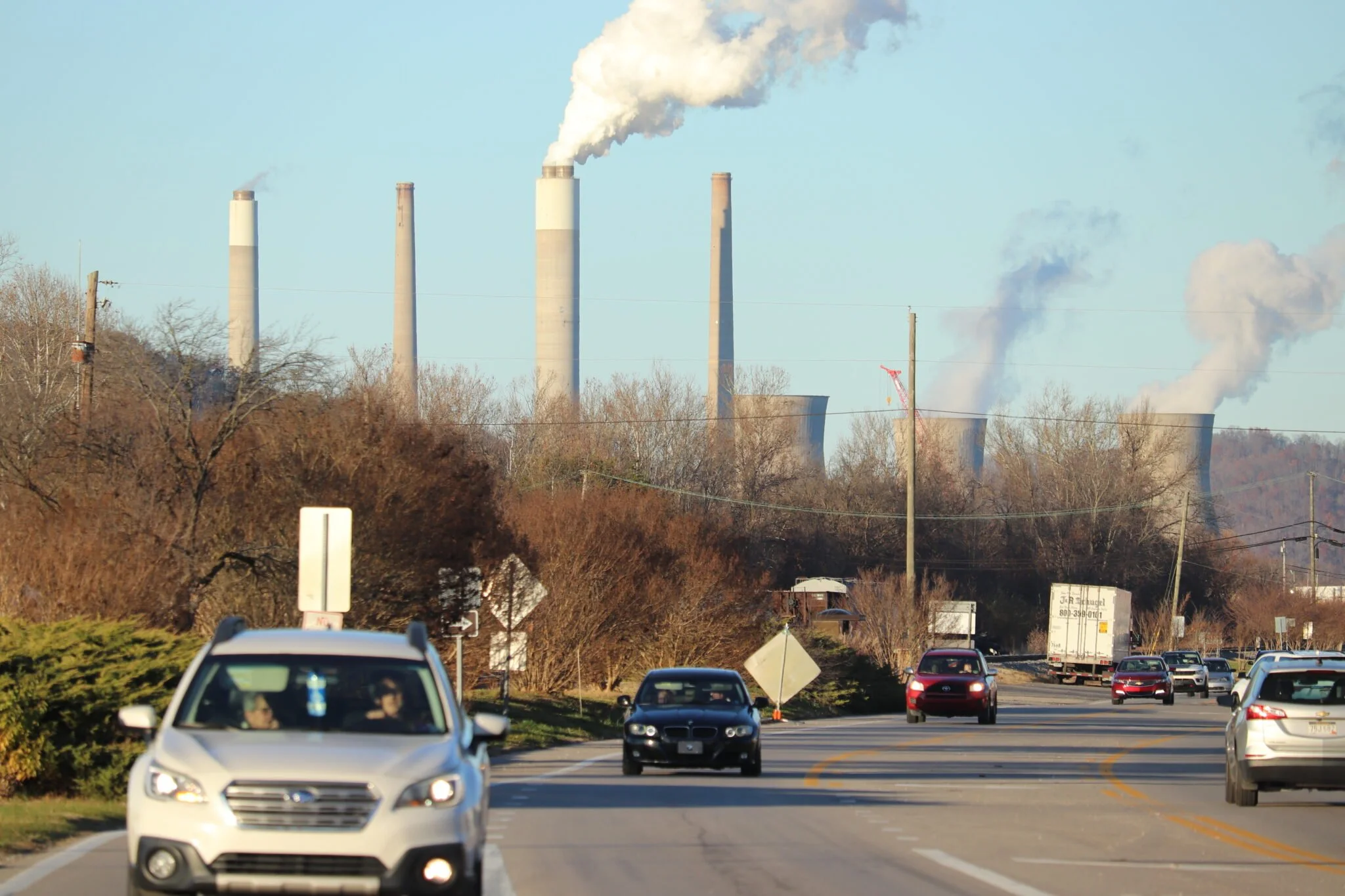By Mike Tony, Charleston Gazette-Mail
After months of division, solar energy advocates and FirstEnergy utilities have come to an agreement addressing a proposal the advocates said threatened to curtail future solar development in West Virginia and short-change utility customers.
Solar proponents and the utilities have asked the West Virginia Public Service Commission to approve their agreement to resolve a dispute over the future of net metering, a mechanism that credits customers for energy they generate.
The initial proposal from the utilities, Mon Power and Potomac Edison, drew intense opposition for a rate case before the PSC from throughout and beyond their service territory, as solar advocates rallied against what they viewed as an attack on their energy freedom.
The utilities, Mon Power and Potomac Edison, wanted to change the mechanism so that customer-produced solar energy would no longer be valued at the same rate charged for energy provided by the companies for new net metering enrollees starting March 27.
In net metering, a residential customer owns or leases and operates a renewable energy resource connected on their side of the utility meter. If the customer supplies more energy to Mon Power and Potomac Edison than they get in a billing period, the remainder has been banked by the companies and credited to the customers in future billing cycles when they produce less energy than needed from the utilities.
The result is customer-produced energy valued at the same rate charged for energy provided by the companies.
Opponents of the initial net metering plan proposed by Mon Power and Potomac Edison argued it would discourage customer investment in solar that lowers electricity costs, diversifies the state’s energy mix and benefits the environment.
FirstEnergy has said the proposal was appropriate to keep other customers from subsidizing net metering customers. A witness for the PSC’s Consumer Advocate Division, an independent arm of the PSC representing residential ratepayers, supported the utilities’ proposal, estimating residential net metering customers generated nearly $1.5 million in subsidies paid for by non-net metering residential customers from January 2019 through August 2023.
Mon Power and Potomac Edison wanted to credit a customer’s account at a wholesale market price approved annually in fuel cost rate proceedings, proposing a residential credit of roughly 6.6 cents per kilowatt-hour.
In their agreement that includes groups that opposed their original proposal — the West Virginia Citizen Action Group, Solar United Neighbors, Energy Efficient West Virginia and Jefferson County- based solar installer and developer Solar Holler LLC — the utilities agreed to propose a credit of roughly 9.3 cents per kilowatt-hour.
Per the agreement, customers who generate their own power that submit an online application or interconnection request form to the utilities by Dec. 31, 2024, and receive a completion certificate by Dec. 31, 2025 (for a residential customer), or by June 30, 2026 (for a nonresidential customer), will be credited at the retail rate for the metered energy they produce and deliver to the utility electric system.
If approved by the PSC, credit rates would remain unchanged for two years starting Jan. 1, 2025, with credit rates for calendar year 2027 to be determined in the utilities’ 2026 fuel cost rate case.
In an email Sunday, Solar Holler founder Dan Conant touted customers’ ability under the proposed agreement to go solar for almost another year at a “one-to-one” rate, credited equal to how much electricity they produce and deliver, plus another year to get their systems installed.
“While no compromise is perfect, we’re pleased with the outcome of this negotiation and hope the [PSC] will agree it’s in West Virginia’s best interest,” Conant said in a separate statement Friday.
FirstEnergy spokesperson Hannah Catlett said in a statement Friday the agreement would help ensure new net metering customers pay a portion of costs related to distribution, transmission and capacity facilities they use by adjusting the credit amount that new net energy metering customers receive.
Read the full article here >>

